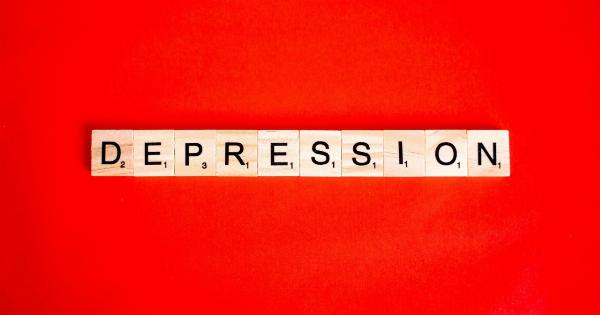Mental illness has been a misunderstood topic for centuries, with negative connotations attached to it. People with mental health issues often face stigmatization, leading to reluctance in seeking help or support.
In recent years, many people have taken a creative approach to diminish the stigma around mental illness, and one such approach is through comics.
Comics have the potential to express mental health issues in different ways, and while it may not be a solution to the problem, it certainly helps in spreading awareness and normalizing the discussion on mental illness.
Evolution of portrayal of mental illness in comic books
Comics have played a role in raising awareness for many social issues over time. Mental health, however, has always been a controversial topic in this medium.
In the early days of comic books, mental illness was portrayed as madness, and such characters were often depicted as villains.
The portrayal of mental illness became more complex in the following years, including superheroes who struggled with various mental health issues.
In the early 90s, a graphic novel from writer Neil Gaiman and artist Dave McKean’s “Arkham Asylum: A Serious House on Serious Earth” portrayed the true face of mental illness through its characters.
The comic featured Joker, who is known for his insanity, and offered a deeper view of what his condition might be.
Another iconic comic book series that portrayed characters’ mental health issues was “Watchmen,” published in 1986 by Alan Moore and Dave Gibbons. The comic featured characters with PTSD, addiction, and depression.
This was groundbreaking, as mental illness was not a topic that was widely discussed in the media or society at large at the time.
Exploring Different Mental Health Issues Through Comics
Comics can be a helpful medium to dive into various mental health issues in-depth and raise awareness about the effects of such issues on individuals.
Depression:
The portrayal of depression is often one of the most common mental illnesses in comic books.
A prime example is Alison Bechdel’s 2006 graphic memoir, “Fun Home.” The book portrays Bechdel’s father, who committed suicide after years of struggling with depression and trying to hide his sexuality from the world.
Anxiety:
Anxiety is a prevalent mental health illness that can cause a great deal of distress for those who are affected.
The comic “Hyperbole and a Half” by Allie Brosh is well-known for its portrayal of the author’s experiences with anxiety and depression. The comic gives a relatable and humorous look into what it feels like to have these mental health issues.
Bipolar disorder:
Bipolar disorder is another mental health issue portrayed through comics. The graphic novel “Marbles” by Ellen Forney offers a personal look into Forney’s experiences with bipolar disorder and how she manages her mental health.
The book provides an honest and relatable portrayal of living with bipolar disorder.
Eating disorders:
Several comics have also explored eating disorders. “Lighter Than My Shadow” by Katie Green is a graphic memoir about her experiences with anorexia and other disordered eating habits that started in childhood.
The role of comic books in breaking the stigma
Normalizing mental illness is one of the ways to combat the stigma that surrounds it. Comic books have the potential to play a role in this regard by offering insight into people’s experiences with mental health issues.
Comics are an accessible medium that can be used to educate society on mental health issues, where people relate to characters’ stories with mental illness.
For someone who doesn’t struggle with mental illness, reading comics can help provide insight into the struggles of someone with a disrupted mental state.
Conclusion
Comics have come a long way in portraying mental illness and have helped promote mental health awareness in society. For individuals struggling with mental health issues, comic books can share effective ways to seek help and gain new perspectives.
To eradicate the stigma surrounding mental illness, it is essential to embrace the conversation on mental health openly and honestly.





























